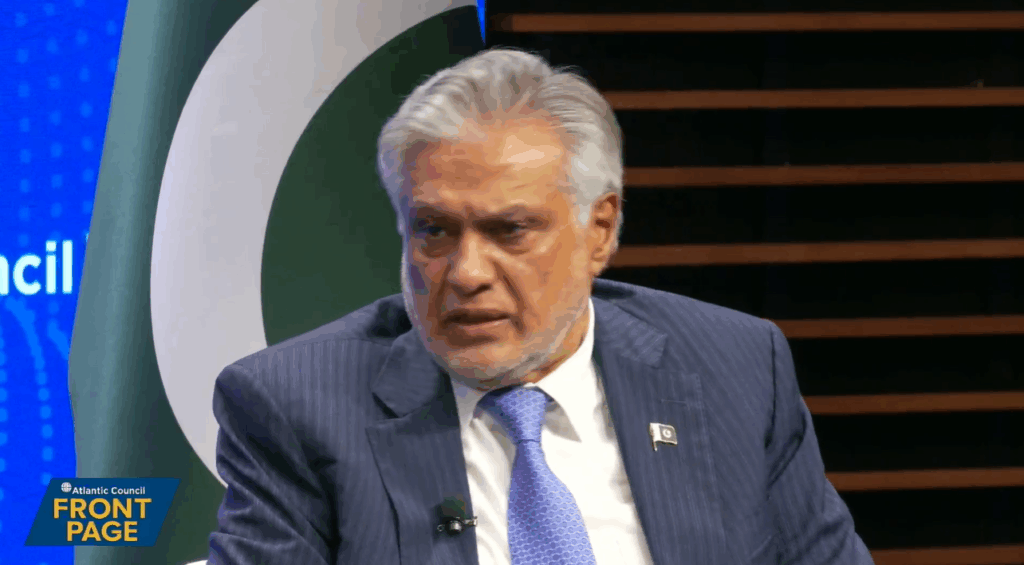- Web Desk
- Feb 19, 2026
FM Dar, UK lawyers form task force to back Pakistan on Indus Water Treaty
-

- Web Desk
- Aug 19, 2025

LONDON: Foreign Minister and Deputy Prime Minister Ishaq Dar, while addressing the British Lawyers of Pakistani Origin Forum in London, raised serious concerns over India’s reported unilateral suspension of the Indus Waters Treaty. He described the move as illegal and a direct threat to Pakistan’s water security.
Dar stated that the Indus Waters Treaty, brokered by the World Bank in 1960, remains a critical international agreement that guarantees Pakistan access to 80 per cent of its freshwater resources. “The unilateral suspension of this treaty is a red line for Pakistan,” he said, adding that such actions pose a serious threat to the lives and livelihoods of over 240 million Pakistanis.
Pakistan ready for talks with India: Ishaq Dar
Speaking the importance of the treaty, Dar described it as essential for Pakistan’s water security and environmental stability. “India cannot unilaterally withdraw or suspend this agreement. It is legally binding under international law,” he said.
During the event, British Pakistani legal professionals voiced strong concerns over India’s move, terming it an act tantamount to a “water war.” Participants also agreed to establish the Indus Water Legal Task Force – a group of British Pakistani lawyers tasked with supporting Pakistan’s legal position and rights under the treaty.
Ishaq Dar opens land record, passport services for Pakistanis in UK
Dar welcomed the formation of the task force and reiterated the government’s commitment to defending Pakistan’s water rights at all international forums.
India vows to ‘never’ reinstate Treaty
Earlier in June, Indian Home Minister Amit Shah declared that New Delhi will never reinstate the Indus Waters Treaty with Pakistan, vowing instead to divert water previously flowing to Pakistan for domestic use.
Signed in 1960, the treaty had guaranteed Pakistan access to three rivers supplying 80 per cent of its farmland. India suspended its participation after 26 civilians were killed in Pahalgam in Indian-Occupied Kashmir, an attack it blamed on terrorism.
Despite the May 10 ceasefire between two neighbours, Shah had insisted the accord “will never be restored,” adding that water would be redirected to Rajasthan through a new canal, depriving Pakistan of what he termed “unjustified” supplies. His remarks dashed hopes of negotiations, while reports indicated India intends to increase water extraction from rivers feeding Pakistani agriculture. Pakistan has rejected unilateral withdrawal as unlawful, warning such moves could amount to an “act of war,” and is considering legal recourse under international law.




